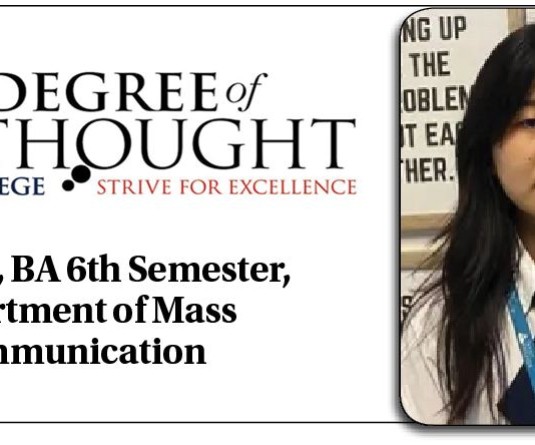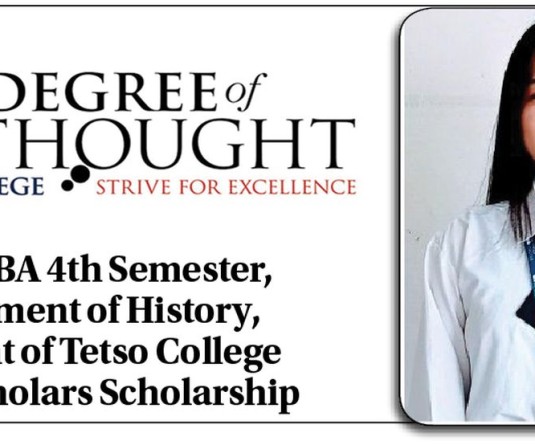
The belief that hard work and talent are all it takes to succeed is deeply rooted in the concept of meritocracy. This idea suggests that society rewards individuals based solely on their abilities and efforts, promising fairness and equal opportunity for all. However, this idealized version of meritocracy often clashes with reality, where privilege, systemic inequality, and social connections significantly influence success. So, can meritocracy genuinely support the pursuit of equality and justice, or is it, as critics argue, merely a myth?
In theory, meritocracy presents an attractive ideal: anyone, regardless of background, can succeed with enough dedication. Yet, as highlighted by Daniel Markovits in The Meritocracy Trap (2020), this system has, ironically, turned into a “trap” for many. For those born into privilege, meritocracy now means they can “earn” their status through advantages like elite education, access to resources, and powerful networks, creating a head start in life. Families with fewer resources often lack access to such advantages, making it difficult for them to compete on equal footing. This inequality reveals how a supposedly fair system can perpetuate privilege.
Beyond personal success, the meritocratic framework shapes societal values and attitudes. Markovits discusses how those who succeed within this system may feel entitled, believing their achievements are due entirely to their own efforts. This mindset can foster arrogance and lead to a cultural divide, where the successful look down on others, viewing them as less capable or driven. Such thinking weakens social cohesion, breeding resentment among those left behind and creating a fragmented society.
The pressures of meritocracy also affect those who succeed. Consider the story of Oprah Winfrey, often celebrated as a self-made success who rose from poverty to immense influence. While inspiring, Oprah’s success story is rare. Many equally hardworking and talented people face systemic barriers—such as discrimination, lack of quality education, and economic instability—that prevent them from achieving similar heights. Though meritocracy rewards individual achievements, it often overlooks structural obstacles that can inhibit even the most capable from rising above their circumstances.
Michael J. Sandel’s The Tyranny of Merit (2020) offers additional insights into meritocracy’s limitations. Sandel references the story of Hank Aaron, a Black baseball player who rose to fame despite systemic racism in the segregated South. While Aaron’s achievements showcase resilience and talent, they also emphasize the broader issue: individual success does not negate the existence of systemic barriers. Instead, Aaron’s story highlights how meritocracy can be a misleading narrative, implying that talent and hard work alone can lead to success, regardless of systemic injustice.
Former President Barack Obama once said, “The future rewards those who press on” (Sandel, 2020). While perseverance is important, it doesn’t ensure success for everyone. Access to good education, stable family environments, and social connections often play key roles in achieving one’s goals. For many, obstacles related to socioeconomic background, discrimination, or lack of support may prove insurmountable, regardless of their efforts or talent.
Economic disparities further expose the fallacies of meritocracy. Children from low-income families often attend underfunded schools, face larger class sizes, and have fewer extracurricular opportunities than their wealthier peers. Studies show that socioeconomic status is a strong predictor of academic success, as those with fewer resources often struggle to realize their full potential, no matter how hardworking or talented they may be.
The illusion of meritocracy can also foster a culture that blames individuals for their lack of success. Society may assume that those who do not achieve their goals simply did not work hard enough or lacked the necessary skills. This assumption ignores the systemic issues—like inadequate education, social marginalization, or financial instability—that often stand in the way of success. Such thinking fuels social divides, leading those who succeed to view others as undeserving, while those left behind may feel frustrated and resentful.
The pressures of a meritocratic system also take a toll on mental health. Individuals are often told that success depends solely on their efforts, which can create feelings of inadequacy or failure if they struggle to meet high expectations. High achievers, in turn, may feel constantly pressured to maintain their status, leading to burnout and stress. This system can create a cycle where individuals are driven to perform and produce without regard for their well-being, leaving them unfulfilled and exhausted.
Is success really just about hard work and talent? The answer is more complicated than a simple “yes” or “no.” For a few, success is achievable through individual effort alone, but for most, hard work and talent are not enough to overcome the systemic barriers they face. The playing field is uneven, and meritocracy, as it currently functions, often justifies inequality rather than addressing it. A truly fair system would recognize and dismantle these barriers, giving everyone an equal chance to succeed.
To move beyond meritocracy’s limitations, we need to redefine success. While talent and hard work are valuable, they should not be seen as the sole determinants of worth. Instead, a more inclusive approach to success would celebrate qualities like compassion, collaboration, and community-mindedness. Emphasizing values beyond individual achievement could foster a society that not only rewards personal success but also supports collective well-being.
In conclusion, meritocracy, while appealing, falls short of its promises. A more just society would not only reward hard work and talent but also ensure that everyone can lead a life of dignity, irrespective of their background. Redefining success in broader terms—beyond individual gain—could help create a society where opportunity is accessible to all, not just the privileged few.
As Albert Einstein wisely advised, “Strive not to be a success, but rather to be of value.” Perhaps it is time to embrace this broader understanding of success, one that values people for more than their achievements alone. By moving beyond the narrow lens of meritocracy, we can work toward a society that is truly fair and compassionate.
Degree of Thought is a weekly community column initiated by Tetso College in partnership with The Morung Express. Degree of Thought will delve into the social, cultural, political and educational issues around us. The views expressed here do not reflect the opinion of the institution. Tetso College is a NAAC Accredited UGC recognised Commerce and Arts College. The editorial team includes Chubamenla, Asst. Professor Dept. of English and Rinsit Sareo, Asst. Manager, IT, Media & Communications. For feedback or comments please email: dot@tetsocollege.org






